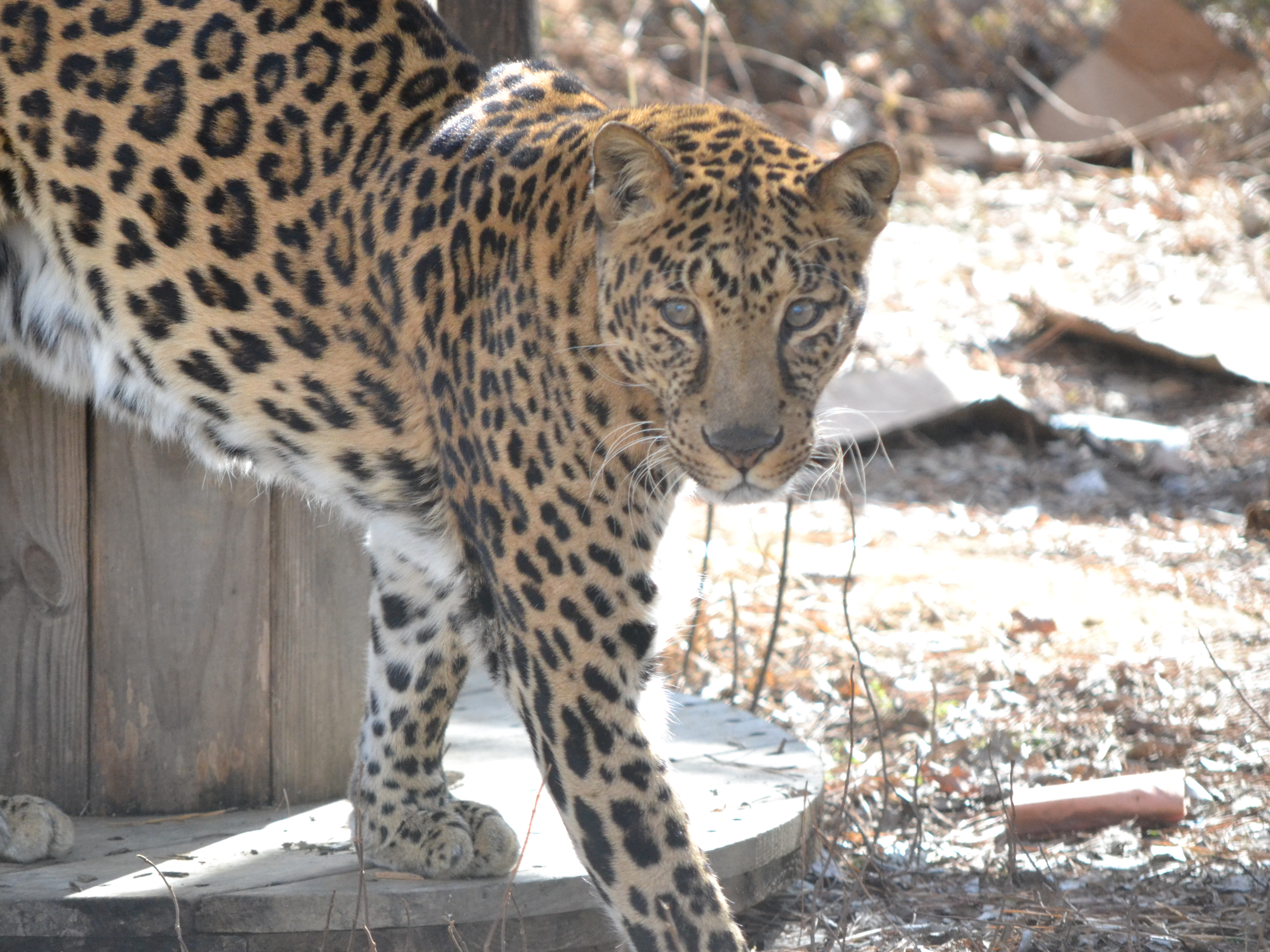
Carolina Tiger Rescue is a 501(c)3 nonprofit wildlife sanctuary whose mission is saving and protecting wild cats in captivity and in the wild.
Carolina Tiger Rescue celebrates World Wildlife Day
Big cats are among the most powerful creatures on the planet, but they are also the most fragile. The perils they face threaten their survival. #DoOneThingToday to help protect these amazing animals!

World Wildlife Day, recognized annually on March 3, is a global celebration of wild plants and animals on our planet. The goal is to raise awareness about how conservation to both wildlife and people benefits everyone, as well as the plights of threatened or endangered species. There are some pretty special stars at the center of this year’s festivities.
This year’s theme is “Big Cats: predators under threat.” It puts the world’s big cats beneath a global spotlight, as these magnificent predators are found all over the world. The cheetah, cougar, jaguar, leopard, lion, snow leopard and tiger are found from Africa and Asia to the Americas. The star-studded cast may result in one of the biggest celebrations of World Wildlife Day.
Between habitat and prey loss, poaching and smuggling, conflicts with humans and climate change, these wild cats are under threat. World Wildlife Day is a chance to raise awareness and charge people to take action to help ensure their survival. We don’t want to live in a world without big cats. Spread the word and make a change! You have the power.
Join Carolina Tiger Rescue on Facebook Live for World Wildlife Day! Animal keeper Lauren will introduce viewers to some of our big cats at the rescue at 10 a.m. She’ll discuss the threats their wild relatives face and challenge you to make simple changes that could impact their lives.
Top threats facing tigers
-
HABITAT LOSS: Palm oil plantations pose a huge threat. The wild tiger population has dropped from 100,000 to 3,200 in the last 100 years, where they only occupy 4 percent of their historic range. There are more tigers living in captivity than in the wild.
-
POACHING: Poaching is a major threat to wild tigers, because many people see tiger parts as extremely valuable. Even the ground they die on can be sold. The parts are consumed for medicinal purposes, and wild tigers are being hunted to meet the demands of an illegal wildlife market that sees $20 billion a year.
-
RETALIATION: Tigers are persecuted when villagers take action to protect their livestock and communities. Tiger prey is overhunted, forcing the big cats to attack livestock in order to feed themselves or their cubs, which fuels human-tiger conflict.
Top threats facing lions
-
HABITAT LOSS: Human developments can confine lions to isolated islands, making for dramatic habitat loss. Lions have lost 80 percent of their historic range in the last 100 years.
-
HUNTING/POACHING: Lion populations are declining because of the trophy and canned hunting for their body parts. Tribal rituals for their alleged medicinal and magical powers contributes. Poaching depletes prey populations and is a threat to lions because the cats get caught in the traps meant for prey animals. Lions can be hunted for retaliatory purposes, too.
Top threats facing leopards
-
HABITAT LOSS: Leopards are the most widespread wild cat species in the world. They have disappeared from 40 percent of their historic range in Africa and 50 percent of their historic range in Asia.
-
POACHING/HUNTING: The depleting prey populations pose a direct threat to leopards because the cats are often killed in traps set for the prey animals. Trophy hunting in certain regions of Africa contributes to declining leopard populations, and the big cats are sometimes killed for their body parts.
-
RETALIATION: Because of the threat leopards pose to livestock in human dominated landscapes, the human-leopard conflict has increased.
TAKE ACTION
Avoid places that exploit exotic animals, including those that offer cub-petting or canned hunting
Avoid products that have palm oil or use palm oil that was produced in an environmentally responsible and sustainable way
Don’t take an exotic wild cat home as a pet, because you can’t love the wild out of these predators
Use your voice to spread the word!







